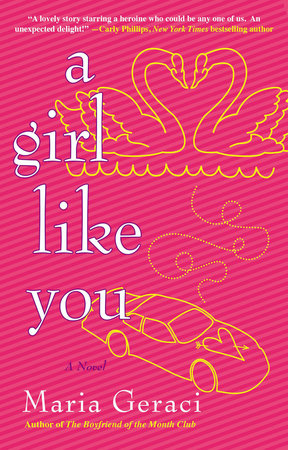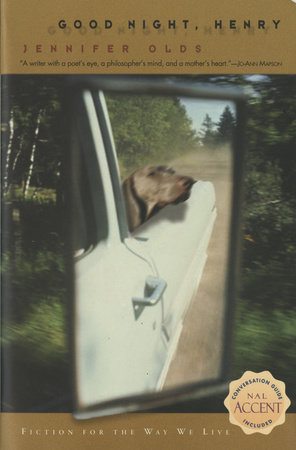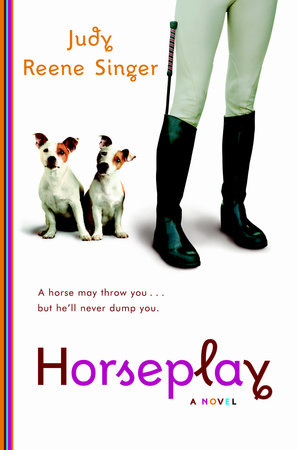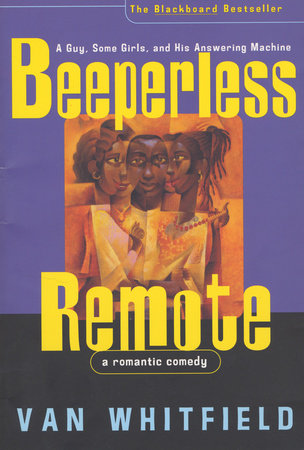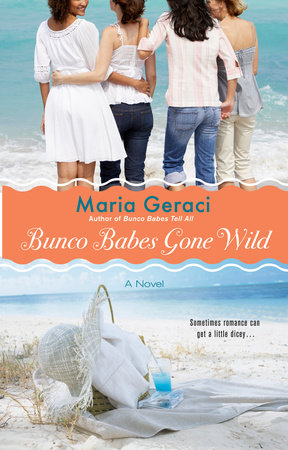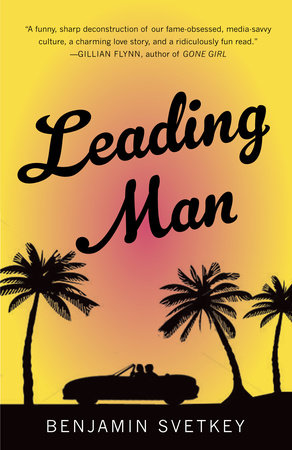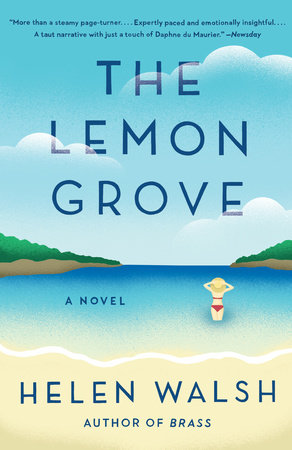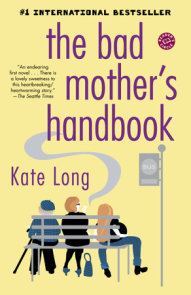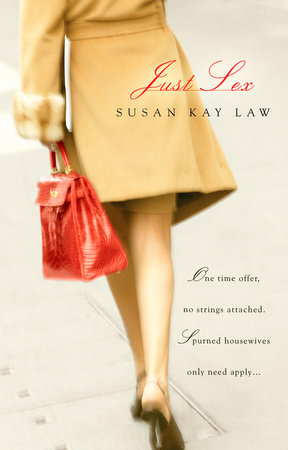Author Q&A
A Conversation with Kate Long
Random House Readers Circle: What made you choose a surly young outcast to be the main character in Family Sold Separately? Did you worry about making her likable to readers? Is there anything of yourself in Kat?
Kate Long: Outsiders make interesting central characters because they’re such good observers of others, and sometimes of themselves, too. And flawed characters are always more interesting; as a reader, I hate it when a hero or heroine is beautiful, accomplished, and perfectly balanced. What’s left for them to learn? How can we cheer them from the sidelines if they always succeed? Give me an underdog every time.
Worrying about whether your characters are likable, though, is a bit like worrying whether your child’s going to be popular at school. To an extent, they are who they are and there’s not a lot you can do about it. Your best bet is to accept them as they form, show sympathy where it’s merited, and administer a bracing slap on the back when they need to buck their ideas up. Being an author is similar to being a parent in that you frequently do have to stand back and let your characters make their own mistakes.
Was I ever Kat-ish myself? Well, I did have a shy and plump phase, between about eight and fourteen. And I was always keen on my studies, loved libraries, didn’t really wear makeup or date till I was sixteen. But unlike Kat, I had a terrific time at school. If my teenage years can be compared to a book, I was more like the girls in Louise Rennison’s novels, who find pretty much everything hilarious and lurch from one mad adventure to the next. I do remember often needing to go off and be on my own, though.
RHRC: I sometimes wish I could herd every teenage girl into a large auditorium and tell them that none of them are weird or unlikable, but rather the things that make them different from each other are what make them interesting. If you were Kat’s mother, older sister, or mentor, what would you tell her?
KL: Kat needs to get right away from Bank Top, but in a supported environment; she isn’t strong or mature enough to launch alone into a completely different life. And yet, until she can remove herself from Poll, she won’t get a proper perspective on either herself or other people. I suppose I’d tell her what’s true: that she’s attractive, funny, and decent, and deserves better on almost every front. That Poll’s blindness is not her responsibility. That Dogman needs a swift, hard kick in the nethers. Oh, and I might take her to have her legs professionally waxed!
RHRC: Kat and Donna are archetypal high-school characters. Was there a Kat in your school? A Donna? Would you tell us a funny story about your teen years?
KL: I don’t remember any Kats but there was certainly a Donna–by the end of the lower sixth year, every one of her pals had bleached and permed their hair to match. But actually, the nice thing about my school was that the teachers really did encourage us to be individuals, so even the coolest cliques were fairly fluid and accepting.
As for funny incidents, I was always getting myself into embarrassing scrapes. I still do! The scene in Family Sold Separately where Kat goes for her university interview and gets trapped behind a panel is something that happened to me, asthma attack and all. It was mortifying. Unlike Kat, though, I didn’t win a place at Oxford–the admissions tutors probably marked my card when they saw I was too stupid to negotiate a door unaided.
Mainly, though, I used to get into trouble because my eyesight was so poor. I was dreadfully shortsighted but too vain to admit it, so I was always making a fool of myself. I was forever hailing complete strangers, thinking I knew them, and once I told everyone on the school bus to “look at the squirrel in the field,” when in fact it was a piece of leftover piping. I almost rang the fire brigade to rescue what I thought was a cat from a tree–till someone came along and pointed out it was a plastic bag.
RHRC: How did the plot of Family Sold Separately develop? How did you decide to write from both Kat’s and Ann’s perspectives? Did you write both characters’ sections concurrently? Was it hard to be in both of their heads?
KL: The germ of the idea came from something in my own life. Being adopted, I’ve often fantasized about meeting my birth mother accidentally, and getting to know her before I understood who she truly was. And it could happen; one party could track down the other and shadow or befriend them. Then they could either maintain a silence, or tell and risk all. It’s a scenario I’ve conjured with on many occasions.
I always plot my novels out before I start, so I knew the two stories, the mother’s and the daughter’s. I could also hear each voice very clearly. The trick was knowing when to let Ann come in, and how much to let her reveal each time, and there was never any doubt that she had to be the one to tell her story, as Kat has to tell hers. That way the reader gets the overview and is wiser than any of the characters. We’re really the only people who understand the significance of the pink cardigan, for instance–none of the others quite grasp what happened to Roger’s “missing baby daughter.”
RHRC: I was surprised that you didn’t resolve anything about Kat’s and Ann’s respective eating disorders. Was that a conscious choice?
KL: A novel is not a public information film. If it were, every time a character picked up a cigarette, the author would have to show them later dying of a smoking-related illness, and anyone glimpsed taking recreational drugs would have to end up ruined and in the gutter. The truth is, lots of people do live and function with eating disorders, just as they do with other forms of mental illness or destructive behavior patterns. Statistically speaking, Ann is likely to struggle with anorexia for pretty much all her life, whereas there is a good chance Kat will recover from her bulimia completely (though she’ll almost certainly have wrecked her teeth in the process).
RHRC: I loved the irony of Poll’s full name. Tell us about choosing the names of the characters in Family Sold Separately.
KL: Ah yes, cheerful Pollyanna! There used to be a television show in the U.K. that featured a wholly miserable character called Joy Merryweather, and that always made me smile. Names are fun, though always a bit subjective–I see Anns as quiet, unpushy types, whereas you might picture someone who’s the life and soul of the party. But there are several characters in this novel who use their names to hide behind. “Dogman,” for instance, gives nothing at all away about the character’s background, which is just how he likes it–and I hope it also suggests his innate repulsiveness, and the persistent way he hangs around the family. Miss Dragon obviously isn’t a dragon at all, and Miss Mouse turns out to be stronger than anyone anticipated, so both those tags are ironic. Kat got her name because I wanted something she could adapt to show her new identity. I was a Katharine myself (named for the church) who became Kate on day one at university because I was like, “This is a whole new life!”
RHRC: Are you at work on your next project? What will it be? What are your inspirations for writing?
KL: I’m always working on something! My next two novels, Queen Mum, about reality television, and The Daughter Game, the story of a teacher who gets too involved with a pupil, are out in the U.K. And I’m currently writing a book about a grandmother who has to fight her daughter for access to her grandson, following an acrimonious divorce. I’m endlessly fascinated by power struggles within families, and intergenerational conflict. The domestic landscape can be as full of high drama as any wider setting, in my opinion.




